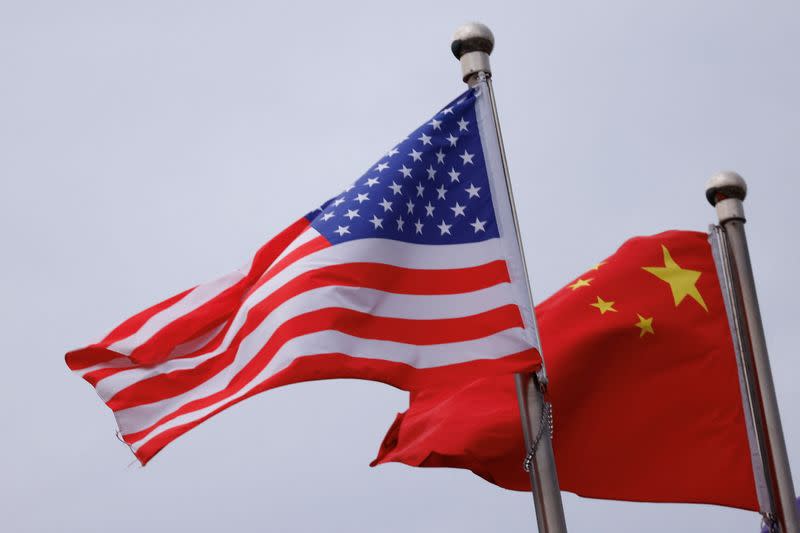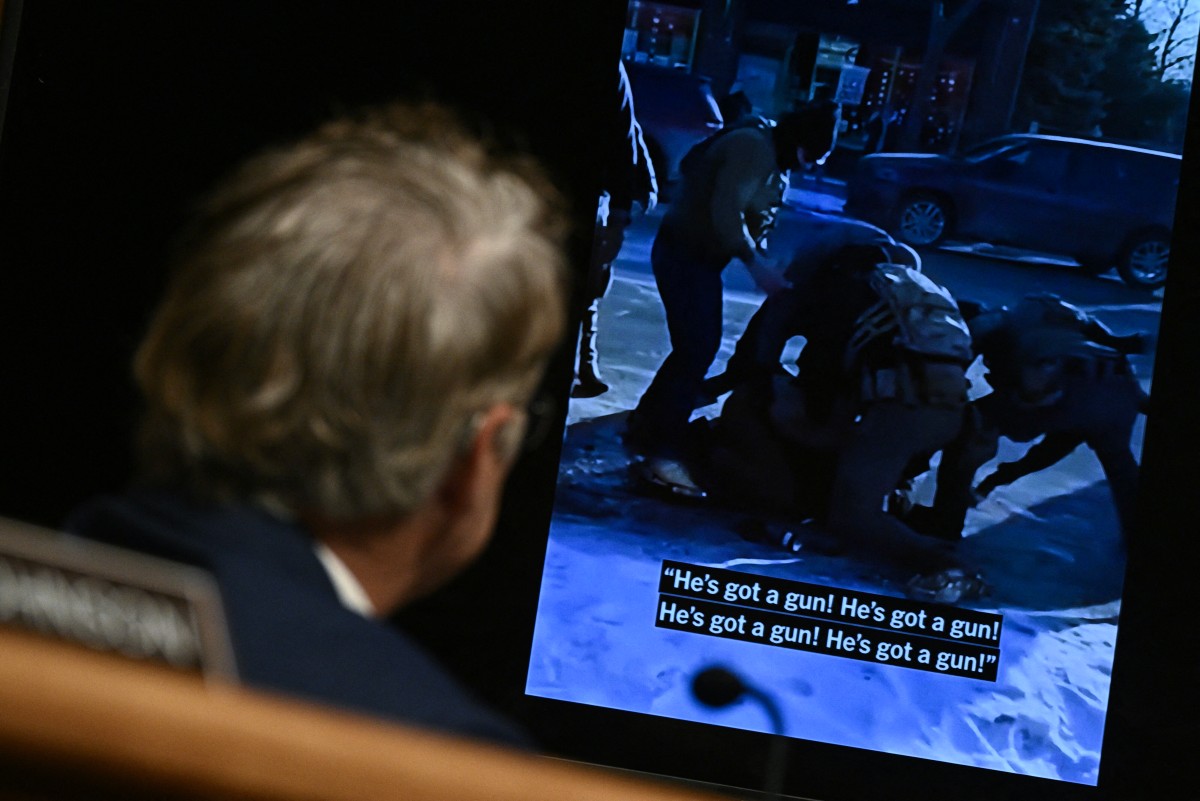International
STF of Brazil annuls Odebrecht “evidence” against Jorge Glas

August 11|
Brazil’s Supreme Federal Court (STF) on Thursday issued a ruling that annuls the evidence presented by the company Odebrecht against the former vice president of Ecuador, Jorge Glas, confirmed this Friday the international law firm, Juscogens.
The communication recalls that Glas was unjustly convicted in Ecuador, while explaining that “the annulment is based on the fact that the evidence was delivered without judicial authorization and without respecting due legal process”.
Glas’ defense, led by Brussels-based Juscogens, challenged the validity of Odebrecht’s evidence before Brazil’s STF and “demonstrated the illegality of the evidence through strategic, innovative and effective litigation.”
The legal team expresses that the annulled evidence includes documents and testimonies provided by Odebrecht executives, which were illegally used by the Ecuadorian prosecution in a “process that has been criticized for directing and selecting evidence a la carte”.
In this sense, they denounced that “this practice has questioned the integrity of the legal process in the region. The STF’s determination to annul this evidence not only deals a blow to the fight against corruption in Latin America, but also sheds a critical light on the tactics employed by Odebrecht, a company that admitted to having paid more than $700 million in bribes, often in a targeted and selective manner.”
The then Ecuadorian vice president was in prison for more than five years for Odebrecht-related convictions. However, in April 2022, he was granted provisional release under precautionary measures.
According to his lawyers, Glas’ case highlights “the trend of lawfare in Latin America, defined by the Lawfare Observatory of the Latin American Strategic Center for Geopolitics (CELAC) as a political war through judicial-media channels, with economic, political and geopolitical interests hidden from public opinion”.
They exemplify that “leaders such as Cristina Fernández de Kirchner in Argentina and Luiz Inácio Lula da Silva in Brazil have been victims of this strategy, which has been dismantled or reversed in many cases”.
Former Ecuadorian President Rafael Correa, whose second in command was Glass himself, celebrated the decision: “The farce is over!
International
Florida judge sets 2027 trial in Trump’s $10 billion lawsuit against BBC

A federal judge in Florida has scheduled February 2027 for the trial in the lawsuit filed by U.S. President Donald Trump against the BBC, in which he is seeking $10 billion in damages for defamation.
Trump accuses the British broadcaster of airing a misleading edit of a speech he delivered on January 6, 2021, which, he says, made it appear that he explicitly urged his supporters to attack the U.S. Capitol in Washington.
The president filed the suit in December in federal court in Florida, alleging defamation and violations of a law governing business practices when the program was broadcast ahead of the 2024 election.
Trump is seeking $5 billion in damages for each of the two claims.
Lawyers for the BBC unsuccessfully asked the court to dismiss the case, arguing that Trump had not suffered a “legally recognizable harm,” since the investigative program Panorama, which included the edited footage, aired outside the United States.
International
Head-of-state diplomacy key to guiding China–U.S. ties, Beijing says

Head-of-state diplomacy plays an irreplaceable strategic guiding role in China–United States relations, Chinese Foreign Ministry spokesperson Lin Jian said on Thursday during a regular press briefing, when asked about high-level exchanges between the two sides.
Lin added that in a recent phone call, U.S. President Donald Trump once again expressed his intention to visit China in April, while Chinese President Xi Jinping reiterated his invitation.
Both sides remain in communication regarding the matter, the spokesperson said.
Lin noted that the essence of China–U.S. economic and trade ties lies in mutual benefit and win-win outcomes.
“Both parties should work together to implement the important consensus reached by the two heads of state, injecting greater certainty and stability into China–U.S. economic and trade cooperation, as well as into the global economy,” he said.
International
Trump administration to end special immigration operation in Minnesota

The administration of Donald Trump is bringing to a close its special operation targeting illegal immigration in the northern state of Minnesota, border czar Tom Homan announced Thursday, following weeks of unrest and the fatal shootings of two activists by federal agents.
Thousands of federal officers had been deployed to Minnesota in December to carry out large-scale raids against undocumented immigrants.
The operations triggered strong reactions from residents and advocacy groups, leading to daily confrontations and the deaths of two people who were shot by federal agents.
“I proposed, and President Trump agreed, that this special operation should end in Minnesota,” Homan said during a press conference in the state capital, Minneapolis.
“A significant drawdown began this week and will continue into next week,” he added.
Homan indicated that similar enforcement efforts could be launched in other cities.
“Next week we will redeploy the agents currently here back to their home stations or to other parts of the country where they are needed. But we will continue to enforce immigration laws,” he said.
-

 Central America4 days ago
Central America4 days agoGuatemala isolates Barrio 18 leader after attacks that killed 11 police
-

 International2 days ago
International2 days agoU.S. Health Department says CDC grants no longer match agency priorities
-

 International1 day ago
International1 day agoOver 50 Civil Groups Urge House to Impeach DHS Secretary Kristi Noem
-

 International2 days ago
International2 days agoICE Arrests Reach 379,000 Under Trump, Testimony Shows Amid Minnesota Shootings
-

 Central America1 day ago
Central America1 day agoGuatemala to Phase Out Longstanding Medical Cooperation Agreement with Cuba
-

 International2 days ago
International2 days agoDespite homicide drop, overall deadly violence remains high in Mexico: study
-

 International2 days ago
International2 days agoSheinbaum Urges Mexico to ‘Jealously’ Guard Sovereignty at Air Force Anniversary
-

 International2 days ago
International2 days agoMEPs Approve Plan That Could Fast-Track Rejection of Some Asylum Claims
-

 International2 days ago
International2 days agoJet Fuel Crisis Hits Cuba: Flights Disrupted, Air Canada Cancels Services
-

 International1 day ago
International1 day agoNew York’s New Archbishop Names Óscar Romero as His Favorite Saint
-

 International2 days ago
International2 days agoMexico Rises Slightly to 141st in Global Corruption Perceptions Index 2025
-

 International9 hours ago
International9 hours agoHead-of-state diplomacy key to guiding China–U.S. ties, Beijing says
-

 International9 hours ago
International9 hours agoTrump administration to end special immigration operation in Minnesota
-

 International9 hours ago
International9 hours agoFlorida judge sets 2027 trial in Trump’s $10 billion lawsuit against BBC
-

 International1 day ago
International1 day agoExclusive Tucson Neighborhood Shaken by Disappearance of Savannah Guthrie’s Mother
-

 International2 days ago
International2 days agoChile Unveils Latam-GPT to Give Latin America Its Own AI Model


















































































